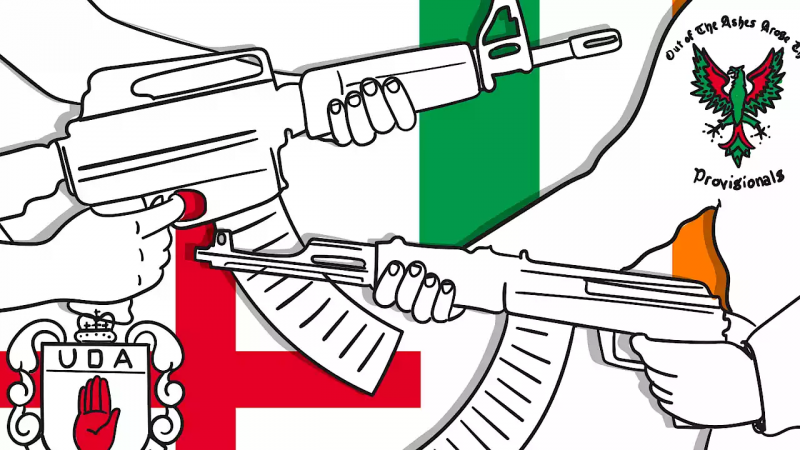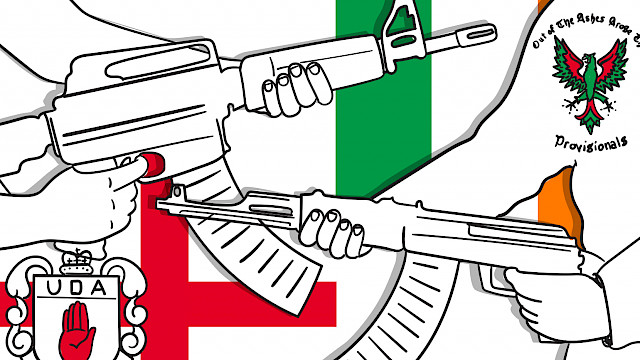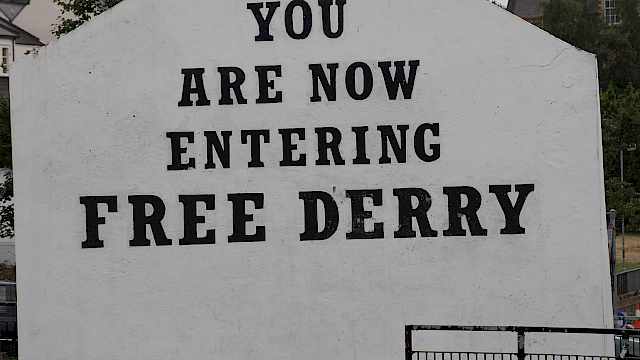
Learning and unlearning terrorism: The transition from civilian life into paramilitarism and back again during the conflict and peace process in Northern Ireland
The project focuses on three key aspects: (a) how and why the individuals initiated contact with armed groups and to chart their journey into paramilitary groups and their engagement in politically motivated violence; (b) exploring their life within the organisation, focusing on (i) how they sustain their terrorist activities and develop as operatives within the organization; (ii) deal with the threats they face to their freedom and safety from the security forces and rival paramilitary groups; (iii) the psychological and physical pressures of being a terrorist and the impact this has on their physical and psychological well-being, interpersonal relationships and their personality and (c) explore how former combatants disengaged from violent extremism and their transition back into their community, focusing on the drivers and barriers to their disengagement, de-radicalisation and reintegration.
Research questions
- How do individuals initiate contact with paramilitary groups and begin to ‘radicalise’ or learn the ideology and techniques necessary to engage in politically motivated violence?
- Once engaged in politically motivated violence and terrorism, how do they sustain this activity and develop to become key ‘players’ in the conflict over the lifespan of their paramilitary careers?
- How do former combatants disengage from using political violence to make the transition back into their communities and develop in non-violent careers post-conflict?

